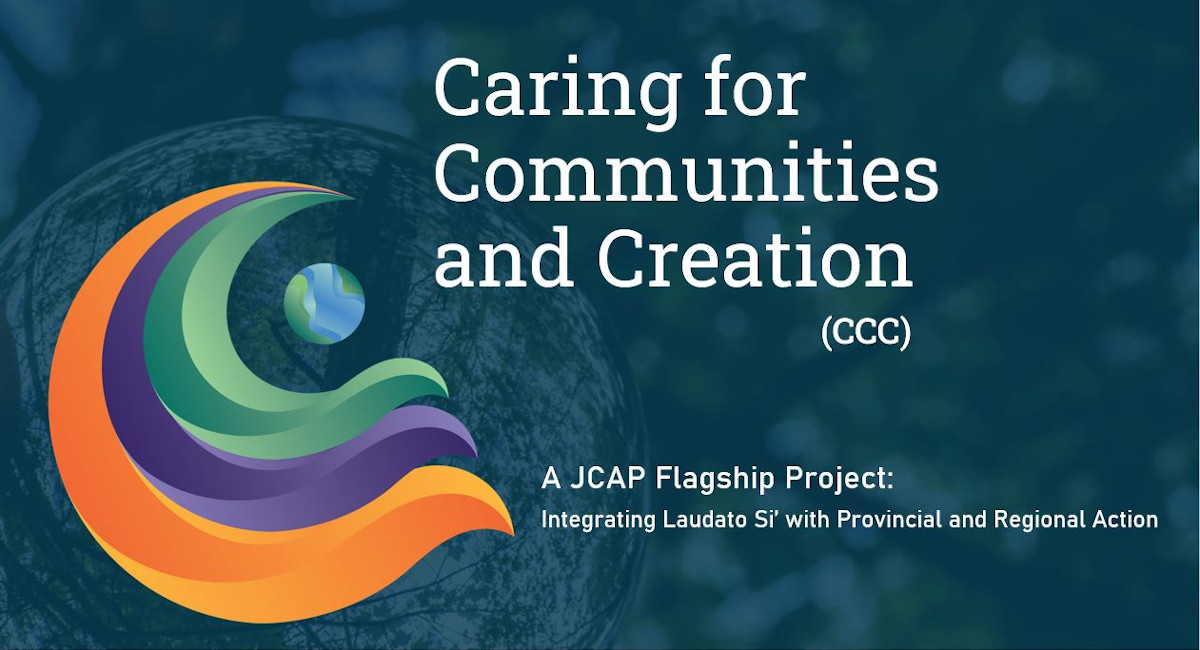
Conference President Fr Antonio Moreno SJ recently announced its approval by the Major Superiors of JCAP. “This initiative is an attempt to bring together in a more collaborative way the various units of the conference (provinces/regions, networks, ministries and Jesuit communities),” said Fr Moreno. He added: “I must say we are truly grateful that a lot of consoling initiatives have been done in the area of poverty and ecology.”
Caring for Communities and Creation (CCC) takes a three-pronged approach, focusing on energy, youth, and community. In each area, the provinces and regions are called to step up their involvement in ecology and the poor through small-scale initiatives that are not only doable on the ground but also collaborative across different sectors and adapted to local contexts. The mission is to engage the diverse communities and various institutions within the conference, facilitating social and ecological conversion leading to authentic changes in our lifestyles and ways of proceeding.
In Transitioning to Cleaner Energy, the goal is to reduce carbon emissions through reduction of energy use and shifting away from fossil fuel dependency. While the task seems huge, many small actions can be done to use energy more efficiently in how we travel, what we eat, and how much electricity we consume in daily life. Each Jesuit institution and community can start by measuring their baseline footprint and implementing new ways to minimise consumption.
In Youth Leading the Future, the goal is to accompany young people towards ecological conversion. Young people today face a massive problem, including the effects of the pandemic, social and political turmoil, and systemic ecological collapse. To address the spiritual and psychological dimensions underlying the ecological crisis might be a good starting point: an Ignatian retreat, focusing on ecological conversion and combining both science and Ignatian spirituality, can be rolled out in Jesuit schools and parishes all over Asia Pacific. They are also called to action by coming up with their own projects, and eventually reflecting on the fruits of the retreat and their projects.
Finally, in Strengthening Local Communities, the goal is to help build resilience and strength in local communities through nature-based solutions. This area will thrive in partnership with Jesuit ministries from all over the conference, those that work with farmers, fisherfolk, indigenous peoples, and urban poor communities. Conservation and reforestation, agroecology, the establishment of marine protected areas are some examples of projects that are already on the ground and can be supported.
Within the conference there are already many existing programmes that can be stimulated and learned from, but it does not stop there. As Fr Moreno said, “I encourage the good that has been done on the ground, but I hope there can be more collaboration and ‘walking together’ as a conference.” Indeed, the spirit of magis propels us to a place of growth and improvement in addressing the needs of our time.






